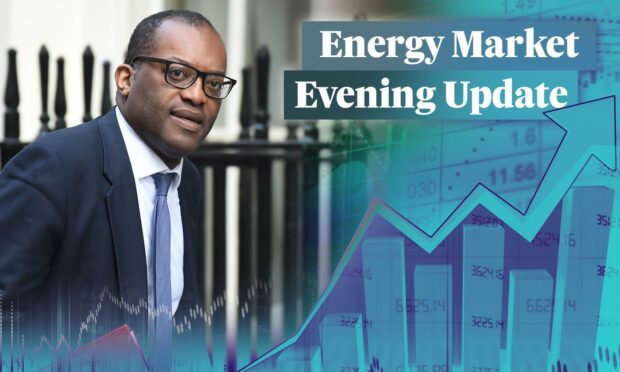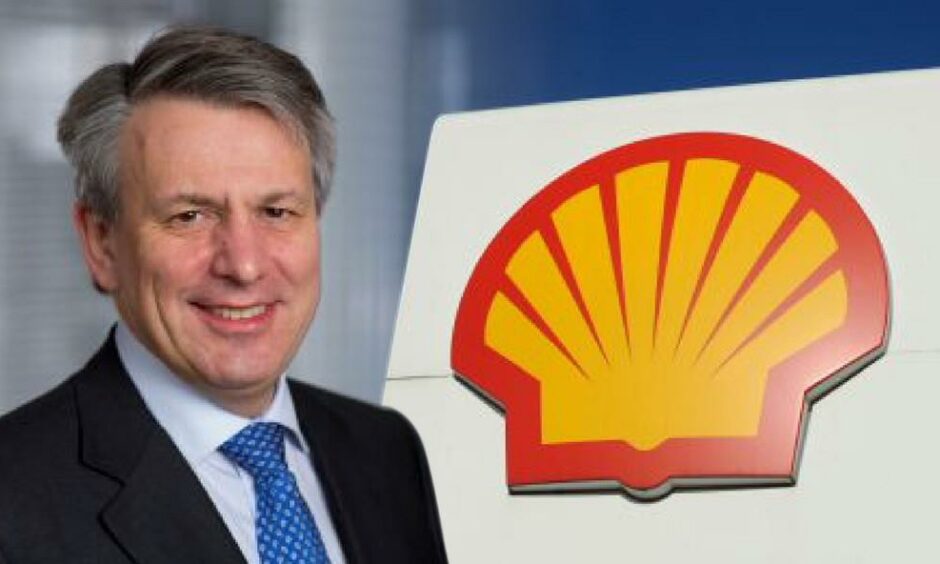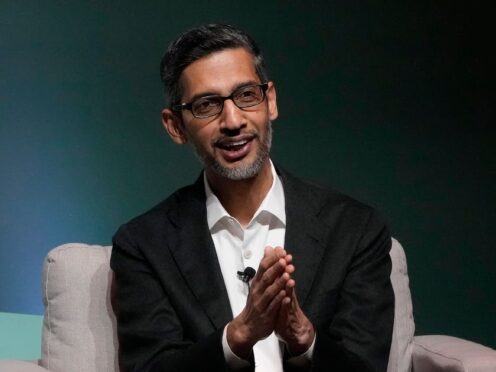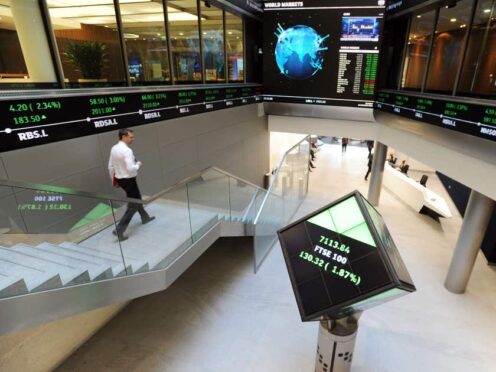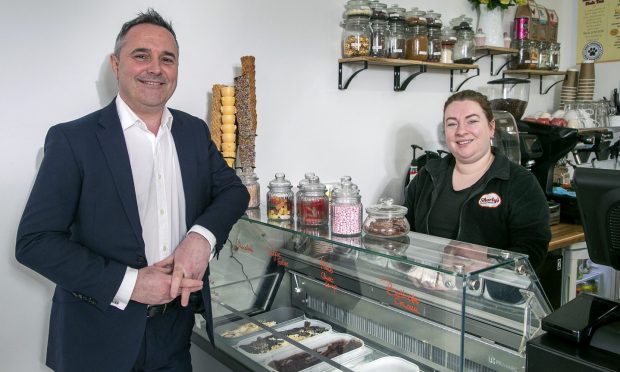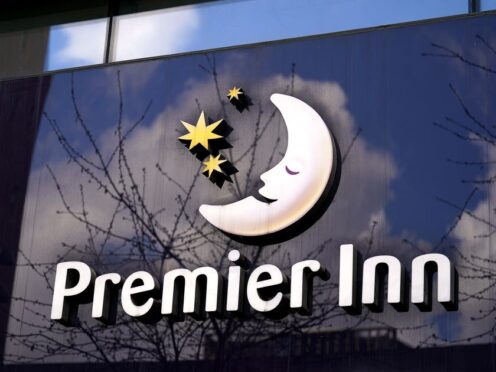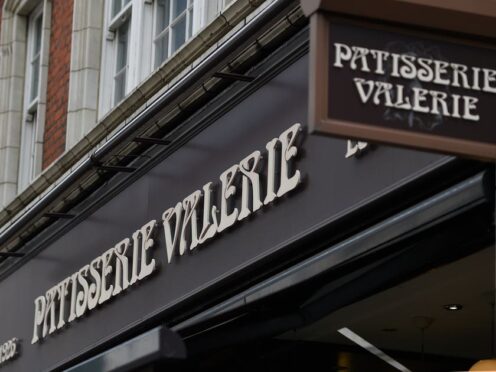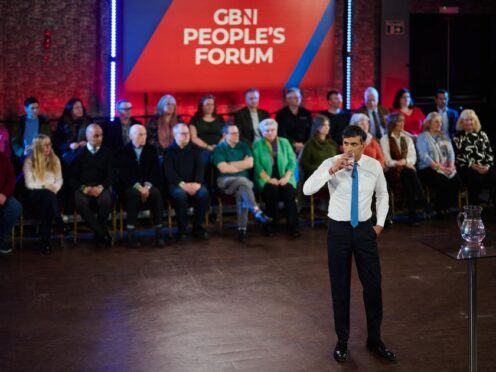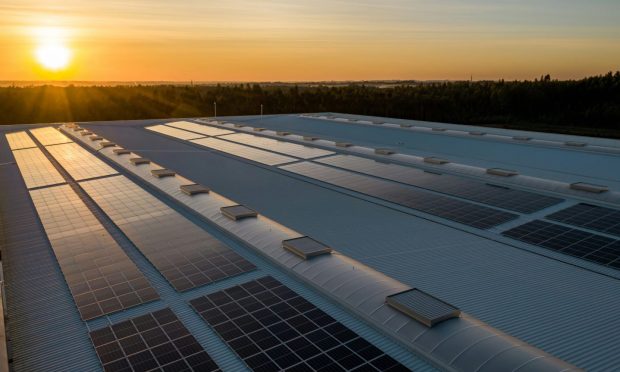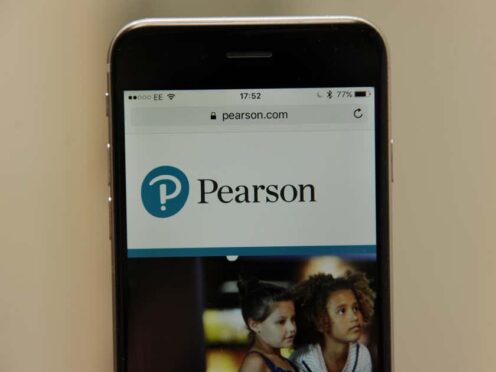The price of crude oil rocketed to more than double its price from a year ago as the war in Europe threatened huge disruption to global markets.
Brent crude jumped by 7.87% to $132.91 per barrel when the London markets closed on a day when the UK and the US jointly announced they would be banning the import of Russian oil and related products by 2023.
Business Secretary Kwasi Kwarteng announced the UK will phase out the import of Russian oil and oil products by the end of the year as part of a ratcheting up of sanctions on Moscow for the attack, which was launched on February 24.
He added the nine-month delay meant the fuel sector and other firms would have “more than enough time to replace Russian imports”.
Please read: thread on energy security 🧵
The North Sea is our single largest source of gas, with the bulk of our imports coming from reliable Norway.
Unlike Europe, we're not reliant on Russian gas.
But like others, we are vulnerable to high prices set by markets.
(1/9)— Kwasi Kwarteng (@KwasiKwarteng) February 28, 2022
Kwarteng’s pledge came just ahead of historic and emotional address from the embattled Ukraine President Volodymyr Zelensky to the House of Commons that was greeted before and after by standing ovations.
But the rising price means the moves are expected to worsen disruptions in the global energy market as Russia is the second-largest exporter of crude.
The oil market has gained more than 27% since the beginning of March as the Russian invasion of Ukraine intensifies.
No UK petrol demand comes from Russia, nor heating or fuel oil, according to the Digest of UK Energy Statistics (Dukes) 2020.
However, 18% of total demand for diesel and 5% of jet fuel comes from Russia.
The import bans could send global oil prices spiralling to $200 a barrel, analysts at Oslo-based consultancy Rystad Energy said.
“How high can oil prices go? Pick a number, this is a market in disarray,” Mike Tran, analyst at RBC Capital Markets, said in a note early on Tuesday.
Meanwhile, the boss of Shell apologised for buying a cargo of Russian crude last week, adding it was “not the right” decision.
In a statement, the energy giant said it will immediately cease trading in Russian oil and gas, as well as shut its service stations, aviation fuels and lubricants operations in Russia.
The decision came after Shell said it intends to exit its ventures with Russia’s state-backed Gazprom and related entities due to Russia’s invasion of its neighbour.
The dramatic changes mean First Minister Nicola Sturgeon is coming under increasing pressure to re-examine the speed the country tries to move away from fossil fuels.
Aberdeen and Grampian Chamber of Commerce (AGCC) chief executive Russell Borthwick said the invasion “further underlines just how crucial domestic supplies are for our energy security”.
He added: “AGCC is clear that new North Sea exploration and development will be required to meet projected energy demands through the transition period, to offset declining production and to avoid a ‘cliff-edge’ for an industry which supports 160,000 jobs.
“It will also fund the investment required to unlock our green energy potential.
“With a volatile period ahead for global energy markets and an unfolding cost of living crisis, we must look at urgently reducing the UK’s exposure and reliance upon imported hydrocarbons.
“While governments and businesses must scale up support for and investment in renewables, carbon capture and hydrogen technologies, the immediate challenges of demand will likely require more North Sea exploration and production in the interim.”
London’s markets inched to gains on Tuesday as the oil majors benefited from US and UK plans to ban Russian oil.
BP climbed by 18.5p to 380p as a result, while Shell gained by 58.5p to 2,039.5p.
The FTSE 100 ended the day up 4.63 points, or 0.07%, at 6,964.11 points.
Meanwhile, sterling had another day of falls, as the pound decreased by 0.09% against the dollar to 1.310, and dropped 0.14% against the euro to 1.203.
